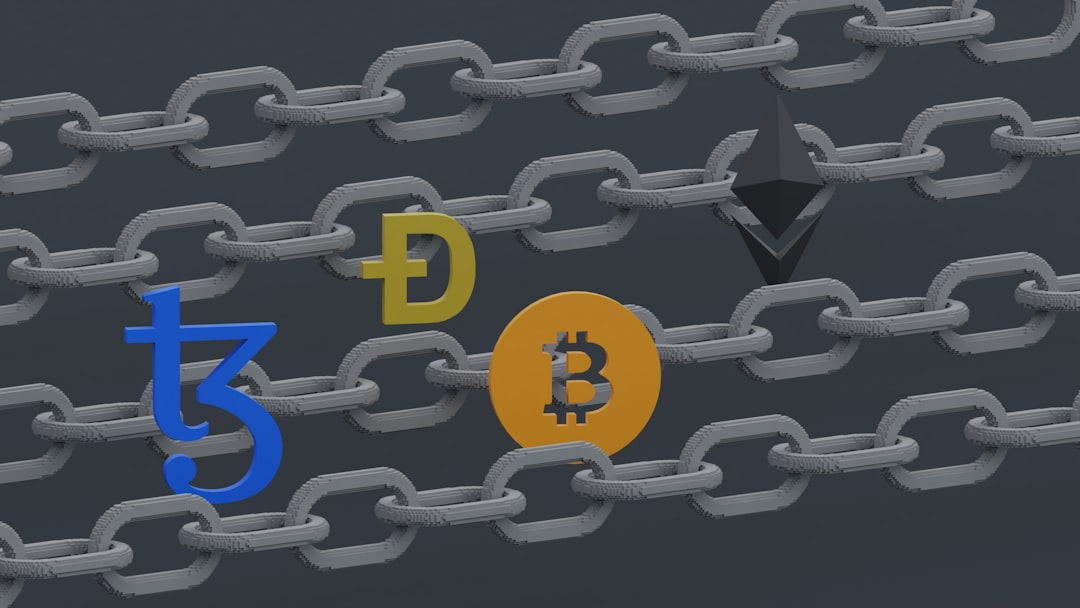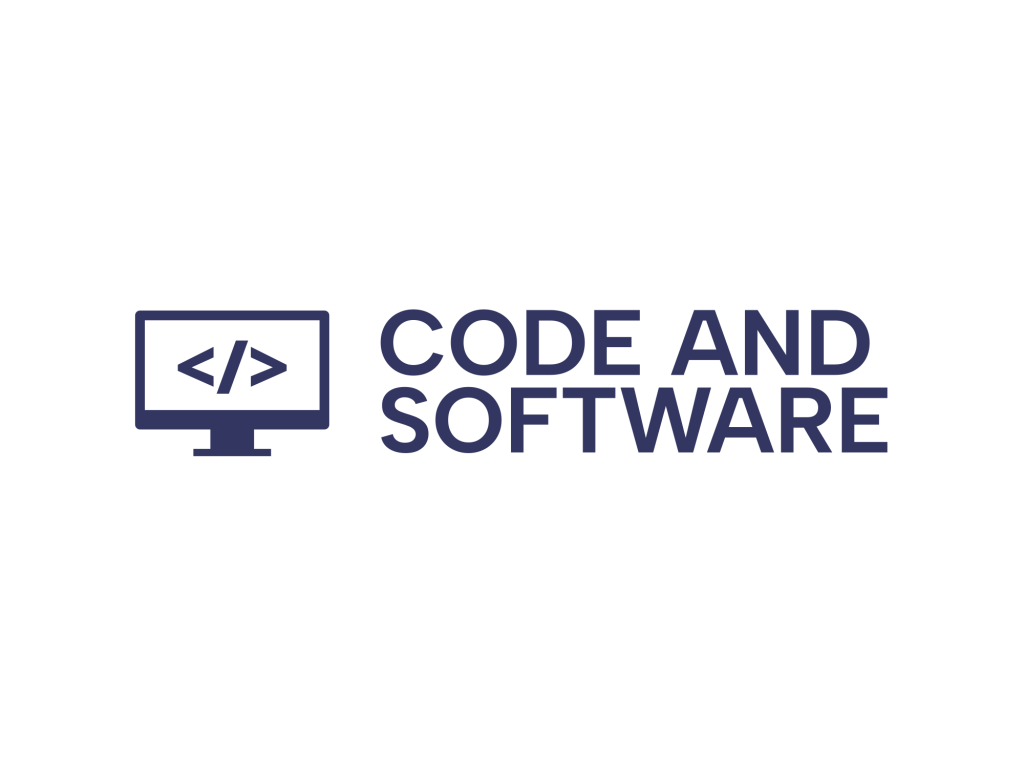In an era where transparency, security, and speed are essential to global trade, blockchain technology is reshaping the supply chain landscape. Long associated with cryptocurrencies like Bitcoin, blockchain now finds application across various industries—particularly logistics and supply chain management. Its decentralized and immutable nature is offering unprecedented levels of trust and efficiency in a system traditionally riddled with inefficiencies and opacity.
What is Blockchain? At its core, blockchain is a distributed digital ledger that records transactions in a secure, transparent, and tamper-proof manner. Each transaction, or “block,” is linked to the previous one, forming a “chain” that is immutable once validated by the network.
Applying this structure to the supply chain introduces a paradigm shift. Complex supply systems often involve many parties—producers, suppliers, manufacturers, logistics providers, and retailers—each using different systems and standards for information exchange. Blockchain bridges these gaps by providing a single source of truth that all stakeholders can trust.
Key Ways Blockchain Is Transforming the Supply Chain
From traceability to fraud prevention, blockchain offers wide-ranging benefits to the logistics ecosystem. Here are the most impactful areas where the technology is making a difference:
- Enhanced Transparency and Traceability: Blockchain provides a real-time, end-to-end view of the supply chain. All movements of goods—whether raw materials or finished products—can be tracked from their point of origin to the end consumer. This heightened visibility aids in compliance, quality control, and accountability.
- Reduced Fraud and Errors: Since blockchain records are immutable once entered, it becomes virtually impossible to alter data unscrupulously. This characteristic significantly reduces the incidents of fraud, counterfeit goods, and human error.
- Improved Efficiency Through Automation: Smart contracts—self-executing agreements coded on the blockchain—can automate various processes such as payments, customs clearances, and regulatory filings, reducing delays and administrative burden.
- Cost Reduction: By cutting out middlemen, reducing paperwork, and minimizing delays, blockchain helps reduce operational costs across the supply chain ecosystem.

Real-World Adoption
Several multinational corporations are already leveraging blockchain to streamline their supply chains. For instance:
- Walmart uses blockchain to track food products from farm to shelf, enabling faster recalls and greater food safety.
- IBM and Maersk have partnered to launch TradeLens, a blockchain-based shipping platform that enhances transparency in international maritime cargo.
- De Beers employs blockchain to trace the lifecycle of diamonds, ensuring authenticity and ethical sourcing.
These practical applications are moving blockchain from a theoretical concept to a powerful tool with measurable ROI in supply chain operations.
Challenges to Implementation
Despite its benefits, blockchain adoption in the supply chain is not without hurdles:
- Interoperability: The lack of standardization across industries hampers seamless communication between blockchain platforms.
- Scalability: As supply chain networks grow, ensuring that blockchain systems scale appropriately becomes a key concern.
- Legal and Regulatory Barriers: Jurisdictions vary widely in their approach to data governance, blockchain legality, and privacy; these inconsistencies complicate cross-border logistics operations.
- Initial Investment: Deploying blockchain technology demands significant upfront costs for infrastructure and training, which may deter smaller players.
Overcoming these challenges requires collaborative efforts among technology providers, regulators, and supply chain stakeholders. Ongoing research and pilot programs are gradually addressing these concerns, paving the way for broader adoption.
The Road Ahead
The future of blockchain in supply chain management looks promising. As the technology matures, it is expected to integrate with other innovations like Internet of Things (IoT), Artificial Intelligence (AI), and machine learning. Together, these technologies can offer a highly automated, data-driven, and trustworthy supply chain ecosystem.

Companies that proactively invest in understanding and implementing blockchain stand to gain a strategic advantage in an increasingly competitive and globalized market. The journey may be challenging, but the reward—a secure, transparent, and efficient supply chain—is well worth the effort.


Leave a Reply